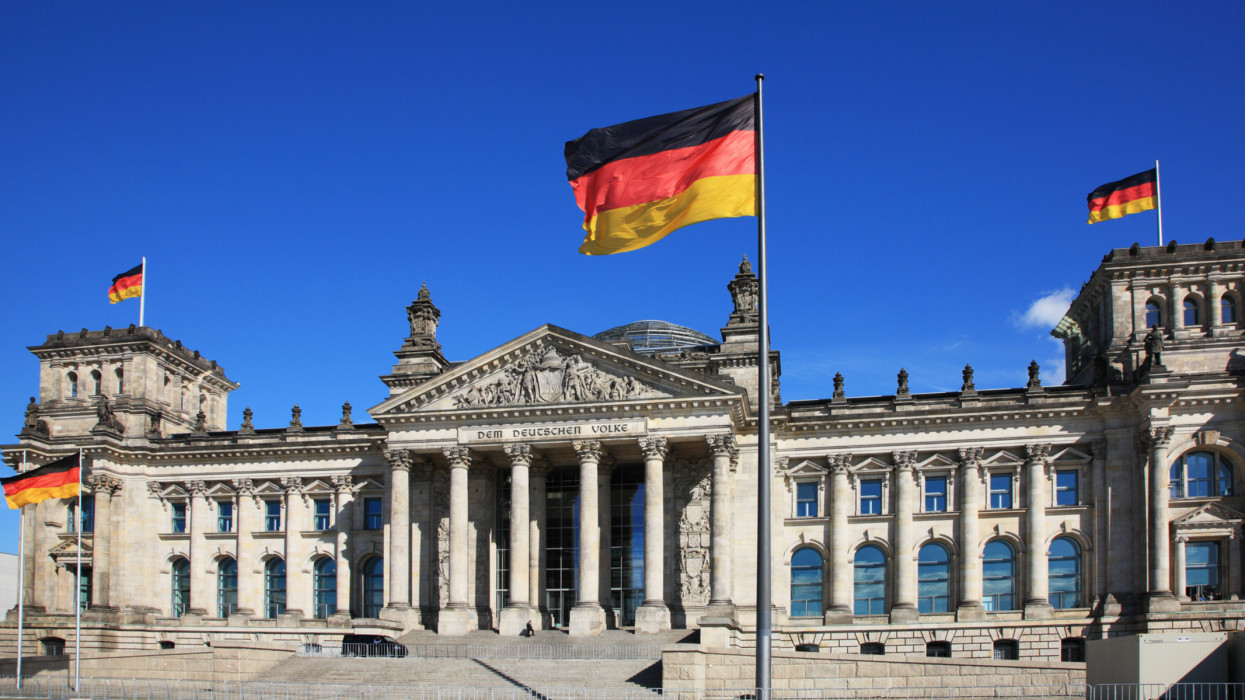Soil health is the basis for sustainable agriculture and healthy food production.
But it's not only about this: our life on Earth depends on the soil.
This resource represents an essential reserve of biodiversity and is a barrier to hydrogeological instability. It is also a valuable ally in combating climate change.
It is for this reason that - to celebrate the International Soil Day, held annually on December 5th - BKT wanted to dedicate the second episode of Global Trends, the new BKT Network format, to this fundamental resource and to the importance of preserving its health, discussing this theme with prestigious guests and international experts.
During the episode we tried to answer a fundamental question: how can soil health be preserved in agriculture?
According to Michael McNeill, President of Ag Advisory Ltd, an independent crop advisory service in the US state of Iowa, the first thing to do to achieve and maintain soil health is to improve the stability of its structure in order to maintain the correct balance of its chemical, biological and physical composition. "Adopting correct fertilization and tillage practices is essential to ensure the health of the soil and consequently of crops and water management also has a major impact. Taking a respectful approach to the soil is not only important, but it is also a good idea for farmers. Keeping the soil healthy ensures them, in fact, stability in production and consequently in profits."
Soil health is not only important for the quality of harvests and productivity, but also influences climate change. You can consider the soil as a natural reservoir of carbon absorption. According to the FAO, the Food and Agriculture Organization of the United Nations, soil, if healthy, over the next 25 years could sequester – that is, capture and retain – about 10% of global CO2 emissions. The relationship between soil and climate was analyzed in particular by Dianna Bagnall, soil researcher at the Soil Health Institute in the USA. "The way we manage soil has a direct impact on the global climate. Healthy soil is able to sequester and retain in itself CO2. This, however, can be re-emitted into the atmosphere when the soil is degraded or damaged. In this sense, farmers can actually contribute to this process by preserving soil health and preventing it from releasing CO2, for example by reducing the amount the soil is worked and increasing crop diversity. The adoption of these practices by farmers generates a virtuous circle that is good for the soil, agriculture, the environment and society."
We then spoke with Piero Torassa, Field Engineer at BKT Europe, about the problem of soil compaction and its negative impact on soil properties.
The need to increase productivity and efficiency in the field has led over time to the development of increasingly powerful and heavy machinery, designed to take considerable loads. If, on the one hand, the use of these machines makes work in the field more profitable and faster, on the other hand, the greater weight of the vehicles causes considerable damage to the soil and crops, causing compaction of the agricultural soil which then obstructs the passage of oxygen and water into the earth, consequently damaging crops and harvests.
"Choosing the right tire for field work can certainly reduce this phenomenon significantly. In particular, tires equipped with VF (Very High Flexion) technology are real allies for soil health, since they can withstand the same load at a lower tire pressure than a standard product. And this is possible because the decrease in pressure increases the tire footprint on the soil thus reducing its compaction."
Providing a concrete example about how a farmer can transform their business in a sustainable way, starting from the health of their soil was Sarah Bell, a farmer from the small English county of Rutland, as well as a business consultant on agri-food issues. As Sarah explains, everyone can decide to take a sustainable approach, for example, as happened at her agricultural business, gradually implementing mixed agriculture systems, and thus developing crop interactions, using more compost and fertilizers and limiting the use of chemical products where possible, and following the basic principles of conservation agriculture, with crop rotation.
"To farmers who want to start a sustainable project that also preserves soil health I say: study your soil, its composition, its characteristics and needs. There is no universal solution, it is necessary instead to follow a personalized approach in harmony with the needs of each professional and their soil. Sustainability is a real journey: Start by making small changes and monitoring the results achieved. Set goals and don't rush to achieve them, the path to sustainability can sometimes be slow but it's worth it."
At this link you can see the entire episode: www.bkt-network.com/soil-health







